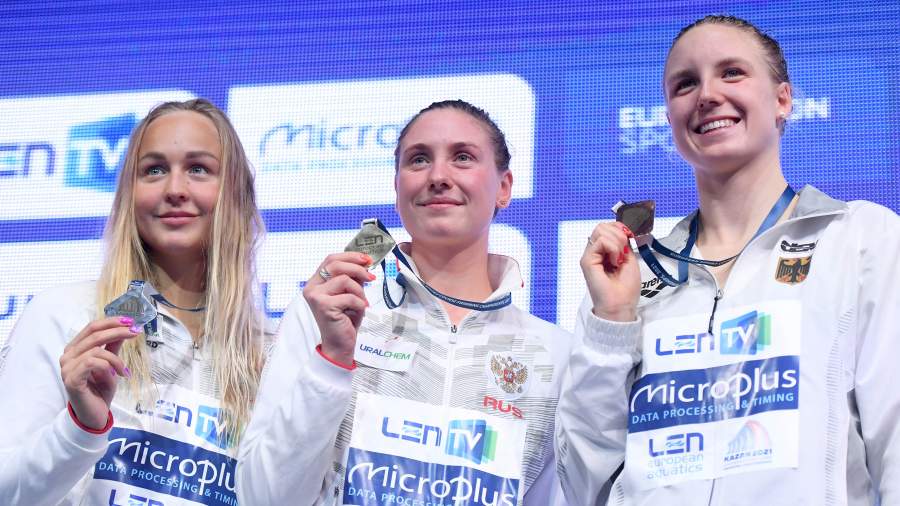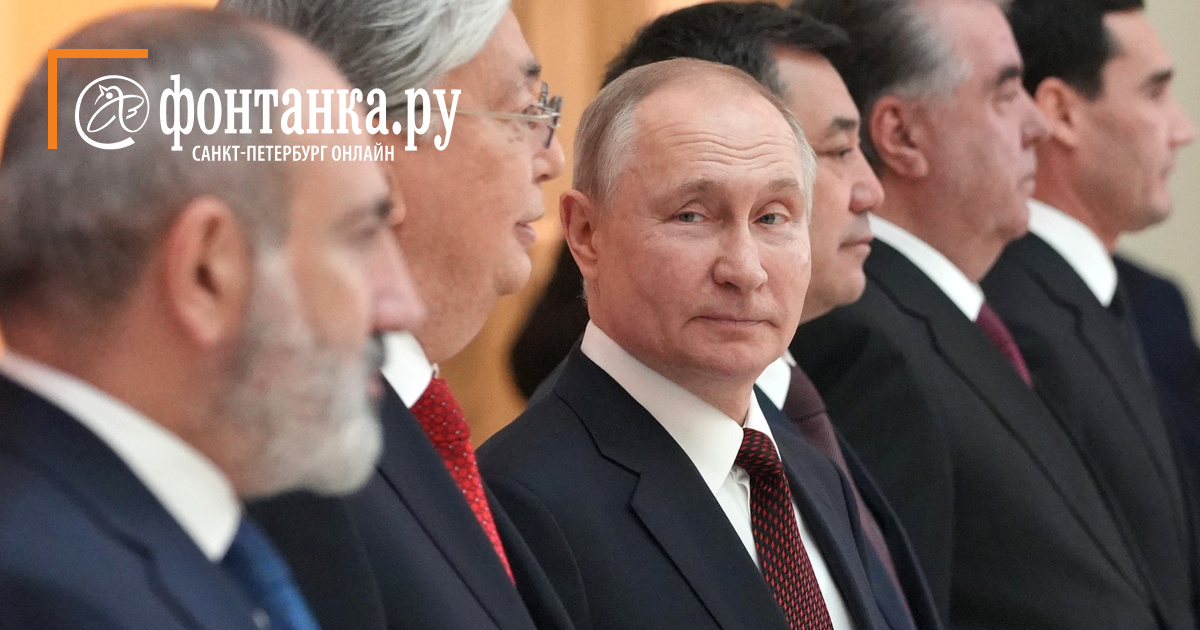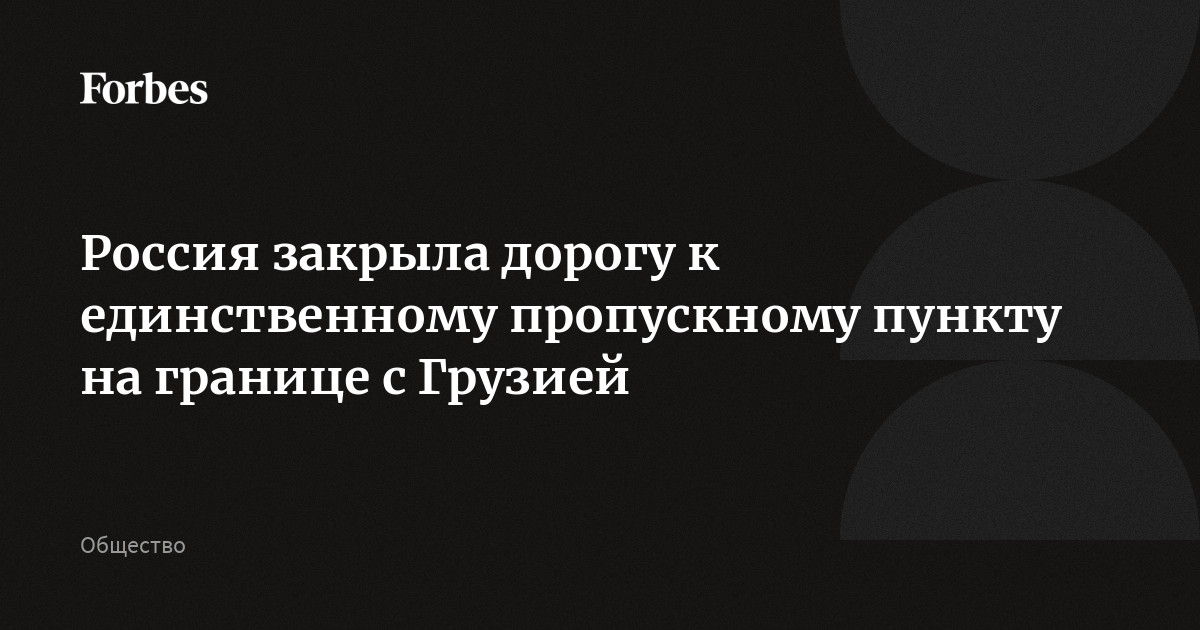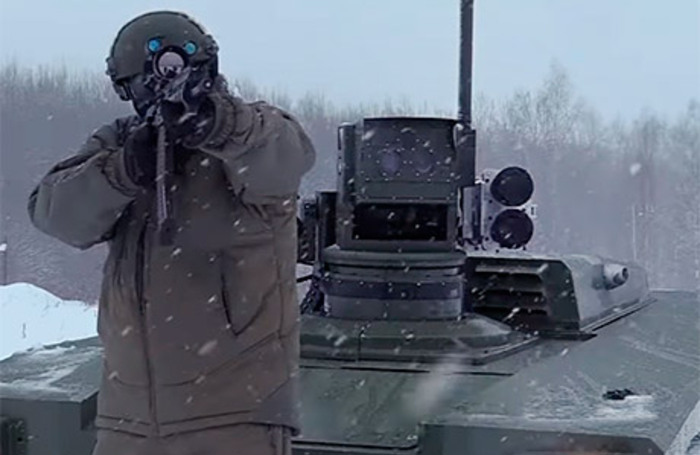Kazan was not given away: Russia won the medal standings of the European Swimming Championships | Articles
Starts in 25-meter pools, unlike the 50-meter Olympic format, were once not official. And although the competitions of the level of the World and European Championships in short course have been used for many years. Moreover, a new Olympic cycle has just begun, and this Euro is the first major tournament after Tokyo. Therefore, it is not surprising that in Kazan, which hosted the European Winter Championship for the first time, many national teams did not come with the strongest composition. If we talk about the Russians, then the application did not include, for example, Yulia Efimova, Anton Chupkov, Andrey Minakov and Martin Malyutin. Although the same Chupkov and Efimova a few days before that sailed in the same bottle at the final stage of the World Cup.
Kolesnikov – king of Kazan
A number of other leaders arrived in the capital of Tatarstan not in the best shape. For example, Vladimir Morozov and two-time Olympic champion Evgeny Rylov. Morozov won an unthinkable number of awards during his career, including gold – on short course. But at the home tournament, Vladimir, who had recovered from the coronavirus after the Olympics, was content with bronze in the signature 50-meter freestyle, as well as silver and bronze in relay races.
Rylov completely limited himself to bronze in the relay four at a distance of 4×50 m freestyle. The composition of Russia was luxurious – Morozov, Vladislav Grinev, Rylov, Kliment Kolesnikov. But at the finish they were only third.
– Feels like nothing worked for me today, – Rylov told reporters. – Neither the start, nor the turn, nor the exit, nor the swimming itself. I walked badly along the distance. Personal responsibility for the result? It’s a difficult question … I initially said and understood that I was not very well prepared for this championship. Now I show all this. I will still try to the maximum, and then how will it turn out.
It didn’t work out very well: after reaching the final in the crown 200-meter backstroke, Eugene took off shortly before the decisive swim. As Rylov explained, he caught a cold before the Euro and is not ready to show the right time now.
In such conditions, Kolesnikov became the lifesaver of the men’s team. The 21-year-old Muscovite did not reach gold at the Olympics, but in Kazan he won three disciplines at once: first, “fifty kopecks” on the back with a tournament record, then the distance was twice as long, and finally the “royal” 100-meter freestyle.
Another swimmer who managed to take revenge for the summer failure was Ilya Borodin. Recall that an 18-year-old Russian specializing in the complex, a few days before leaving for Tokyo, passed a positive test for COVID-19. But in the fall, he swam very powerfully – in Kazan, Borodin won the 400-meter with a youth world record (3.58.83).
“It was difficult to return and swim again,” Ilya Borodin told Izvestia. – Now everything is fine, but I went through a very difficult pass of the Olympics. We went through this together with the coach, he helped me a lot, supported me.
Kirpichnikova – three times hero
The Russian women’s team has been overshadowed by the men’s team in recent years. But this time the girls won more medals, and bypassed the stronger sex almost twice in victories. Anastasia Kirpichnikova became the main heroine of the European Championship. She won the entire middle and long crawl: 400, 800 and 1500 m.An impressive hat-trick, moreover, another Russian woman, Anna Egorova, took silver in the shortest of the distances.
“After 1500 m I was a little emotionally devastated, swam with all her strength,” Anastasia Kirpichnikova admitted to Izvestia after her third success. – I have stated a lot of distances here. So far, this is my most successful tournament of my career, but hopefully it will be even better in the future.
Two more Russians became champions in personal programs. Svetlana Chimrova won the 200-meter butterfly, and 16-year-old Evgenia Chikunova continued to establish herself as the leader of the women’s breaststroke, breaking the youth world record in the 200 meter. To this she added silver on the “hundred”, which had to be divided … with Efimova. But not with Julia, but with Eneli – the namesake from Estonia.
– I finish again in one second with Efimova, but now it’s another Efimova, – said Evgenia Chikunova. – I expected a good performance from Eneli, but she was able to surprise me. It’s actually great to see this kind of rivalry. I myself am now showing not the best form – I had ARVI in early October. Therefore, I missed the stage of the World Cup in Berlin and the stage in Kazan. My coach and I decided to devote this month to preparing for the European Championship.
The women’s team also won two relay victories, and in the 4×50 m freestyle, such a success was the first in its history. Maria Kameneva, Arina Surkova and Daria Klepikova became twice European champions, Rozalia Nasredinova and Nika Godun celebrated once.
By the way, Surkov and Kamenev could also take home the silver medal in the 4×50 m freestyle mixed relay, but a tragicomic story happened in this swim. Morozov and Kolesnikov, representing the male part of the team, mixed up the stages, and after the protest of the Poles who finished fourth, the Russian national team was … disqualified. Surkov, Kamenev and Kolesnikov found light consolation in the mixed “combination”, where, together with Oleg Kostin, they became the third.
However, even without a medal, the Russian team can be considered successful – 11 gold, five silver and eight bronze medals. Ahead of us is the national championship, which will be held from November 16 to 21 in St. Petersburg, and the main start of the winter season – the world championship in Abu Dhabi in early December.




